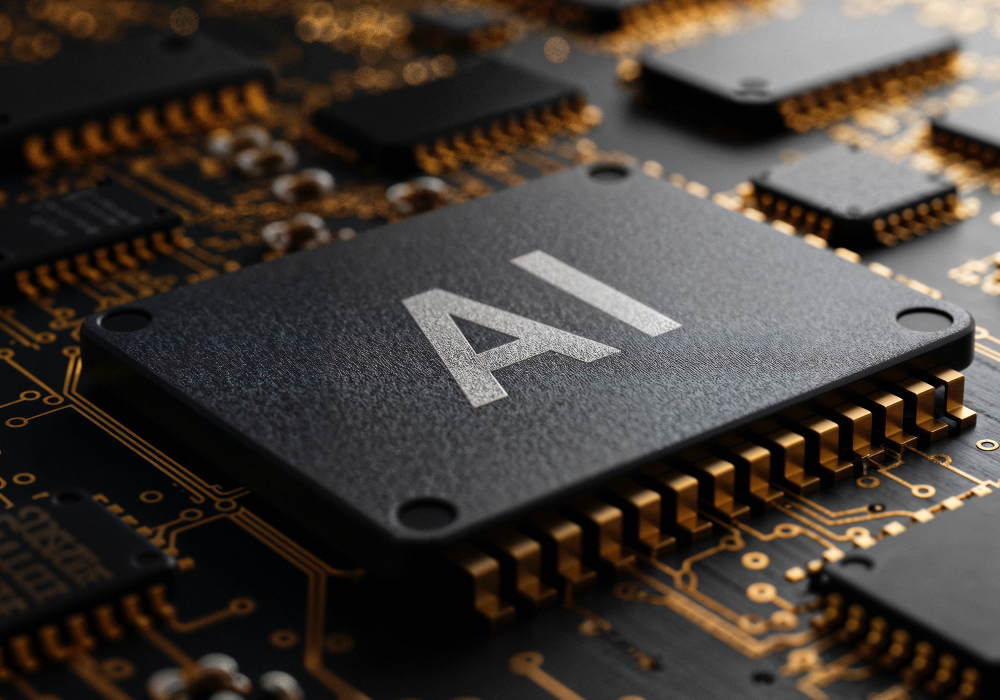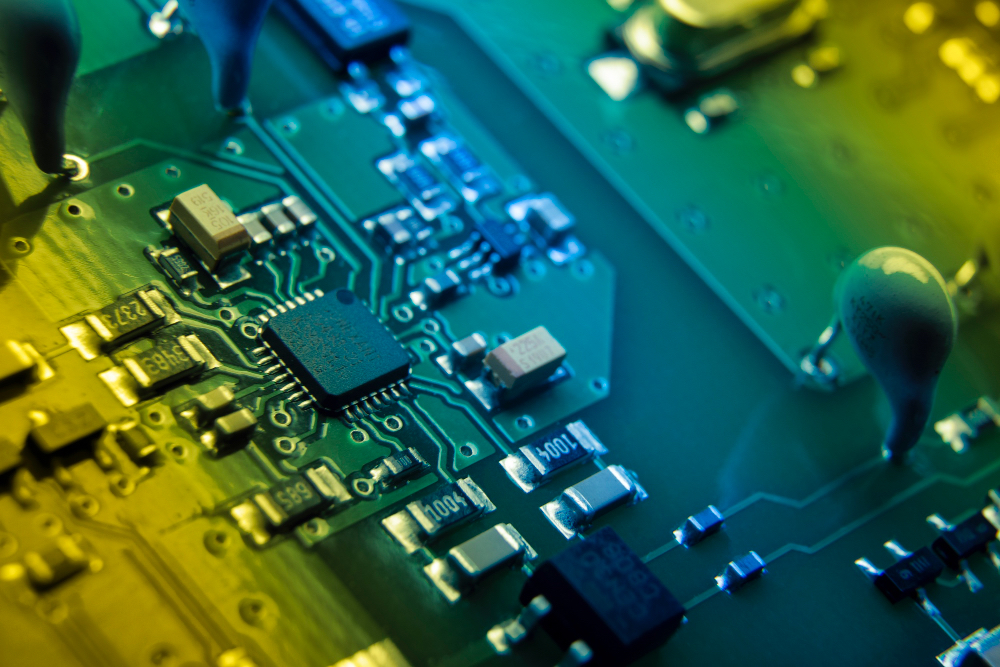The dating platform is expanding its reliance on AI, with Tinder experimenting with a feature designed to ease swipe fatigue among users.
A tool, known as Chemistry, that builds a picture of each person through optional questions and by reviewing their Camera Roll with permission, offering a more personalised route toward potential matches instead of repetitive browsing.
Match is currently testing the feature only in Australia. Executives say the system allows people to receive a small set of tailored profiles rather than navigating large volumes of candidates.
Tinder hopes the approach will strengthen engagement during a period when registrations and monthly activity remain lower than last year, despite minor improvements driven by AI-based recommendations.
Developers are also refocusing the broader discovery experience to reflect concerns raised by Gen Z around authenticity, trust and relevance.
The platform now relies on verification tools such as Face Check, which Match says cut harmful interactions by more than half instead of leaving users exposed to impersonators.
These moves indicate a shift away from the swipe mechanic that once defined the app, offering more direct suggestions that may improve outcomes.
Marketing investment is set to rise as part of the strategy. Match plans to allocate $50 million to new campaigns that will position Tinder as appealing again, using creators on TikTok and Instagram to reframe the brand.
Strong quarterly revenue failed to offset weaker guidance, yet the company argues that AI features will help shape a more reliable and engaging service for users seeking consistent matches.
Would you like to learn more about AI, tech and digital diplomacy? If so, ask our Diplo chatbot!










